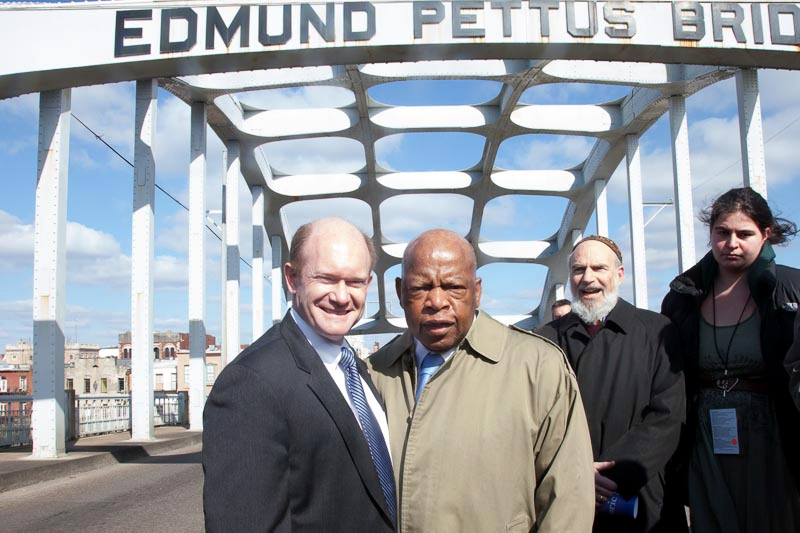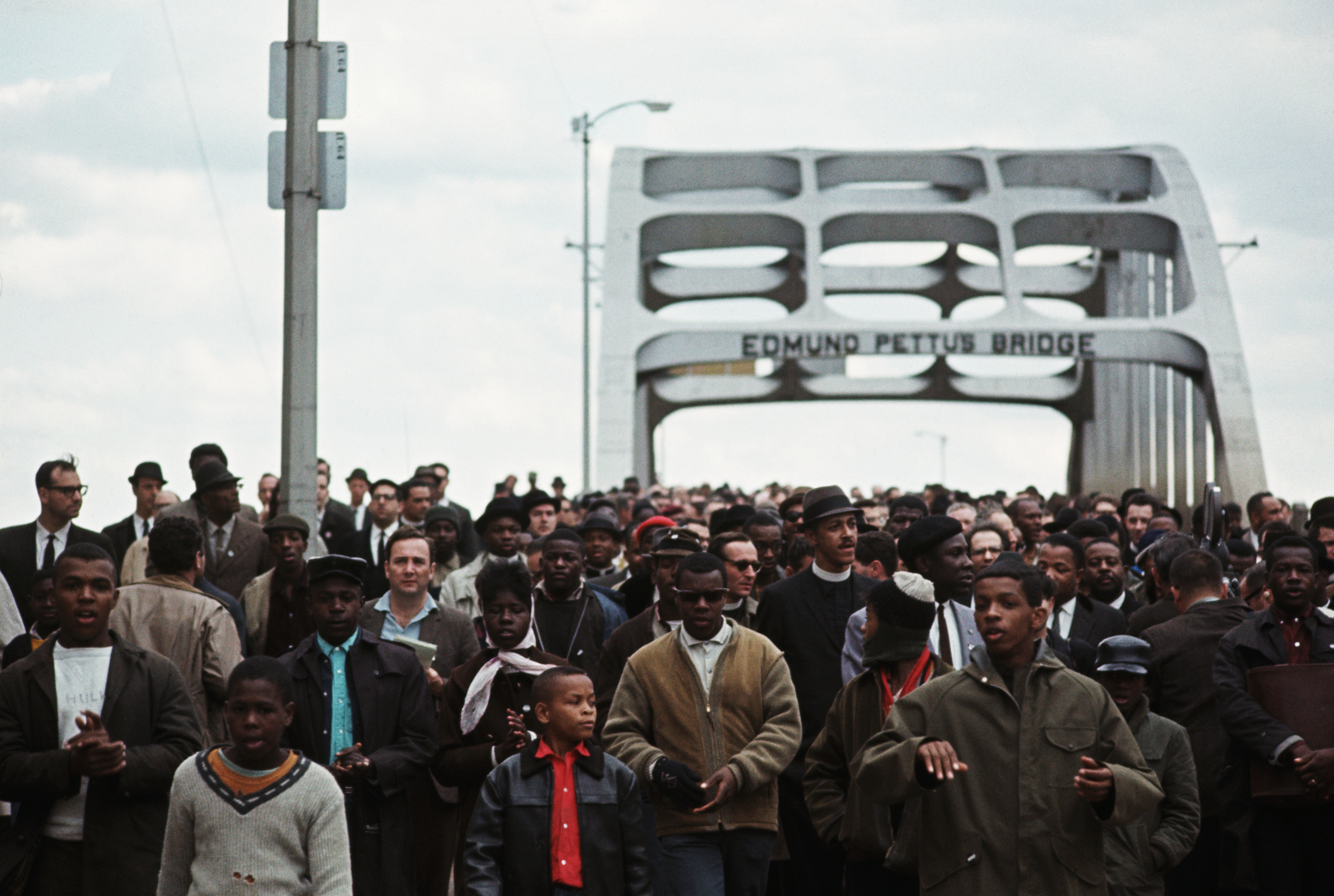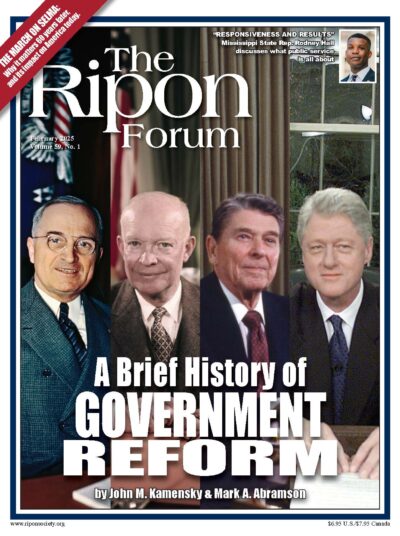
The first time I marched across the Edmund Pettus Bridge in Selma with Congressman John Lewis, I was profoundly moved by the moral force of the history of that place and the courage it took for Lewis and hundreds of nonviolent protestors to march in the face of violent opposition. No matter how many times I made that march across the bridge with him, that feeling never went away.
I traveled many times with my friend John – not just to the sacred sites of the Civil Rights movement in Alabama, South Carolina and Tennessee, but also to my home state of Delaware and to South Africa. In spite of our friendship, there was one thing I always struggled to grasp about him. How did John – a man who grew up poor in rural, Jim Crow-era Troy, Alabama, who was spat on and imprisoned, who had his head cracked open on the same bridge he led us across every year – maintain any belief in the Constitution and the rights and freedoms it promised?
The point of Jim Crow laws in places like Troy was to crush anything that resembled that belief – to convince John and every other Black American that the segregated order of things was not just how things were, but how they always would be. Yet John not only believed things could be changed and must be changed, he risked his life repeatedly to change them. Change they did, at first slowly, and then swiftly. On “Bloody Sunday,” John was nearly beaten to death in Selma. Five months later, the Voting Rights Act was enacted.
Through sustained action and engagement, things change in our country. They can change much faster than we expect.

History doesn’t repeat itself, but it often rhymes. While John’s story is unique, there are stories throughout America’s own that echo it. People, often young people, taking aim at insurmountable injustices, and through persistent, active engagement, bringing them to an end faster than anyone thought possible.
It’s a story very familiar to this Journal and its readers. When a group of abolitionists came together in Ripon, Wisconsin to found the Republican Party, there was no credible path to the nationwide abolition of slavery, yet they were less than a decade from the Emancipation Proclamation. Persistent, active engagement brought about a Republican president within six years. Continued engagement convinced Lincoln that total victory was impossible without abolition.
For many Americans, the promise of the Constitution seems hard to hang onto right now. Over the last several weeks, the new administration has tried to shred the rule of law and the traditions and institutions our government has relied on. President Trump’s efforts to “flood the zone” with shock and awe actions are an attempt to convince the country not just that this is how things are, but how they will always be going forward.
It is easy to give into despair and bitterness. Instead, I hope voters will think about John and the Selma marchers, only months away from realizing their dreams of the full right to vote. Through sustained action and engagement, things change in our country. They can change much faster than we expect.
We must work hard to restore the things we believe in, even if it seems hope is limited: a vision of human rights that is inclusive, a commitment to the rule of law that is sustained, a belief in life, liberty, and the pursuit of happiness.
Change may not come in a matter of months, but above all else, we cannot stop believing that it will come. Despite it all, John never gave up on the promise of America and the work required to make it real. Neither may we.
Chris Coons is the senior Senator from the State of Delaware.




